Local Food Systems, Farms, and Markets
O'odham Farmers Market
Providing space for local Farmers, Ranchers, Wild Food Foragers, and Artists to sell their goods.

Desert Harvesting
Desert Harvesters (DH) is based in Tucson, Arizona, in the beautiful, unique Sonoran Desert. For over twenty years Desert Harvesters has supported and grown community food and water security by inspiring the “re-wilding” of urban and suburban neighborhoods with delicious, drought-hardy, super-nutritious desert food plants, and cooking up affordable, place-based recipes anyone can create in their kitchen: A Grass-Roots Gastronomy!
Ramona Farms
Beans available in the local community and surrounding areas, in different colors and package sizes, and also offer other wholesome American Indian-grown traditional, heirloom and non-traditional food products.
Market on the Move
The 3000 Club's Market on the Move program provides up to 60 pounds of fresh produce for a donation of $10 in Phoenix/Tucson and $15 in Northern Arizona.
Indigenous Pathways
Indigenous Pathways highlights the farmers, educators, chefs, and Indigenous people working to renew Native traditions, reclaim food sovereignty, and revitalize the health of their communities through farming, foraging, cooking, teaching, medicine, and ceremony.
Tucson Village Farm - Vegetable Market
Tucson Village Farm (TVF) is a seed-to-table program designed to reconnect young people to a healthy food system, teach them how to grow and prepare fresh food, and empower them to make healthy life choices.
Food for Thought
We’re thrilled to partner with the University of Arizona Culinary Medicine to bring you our newest program, “Food For Thought”. This program will include weekly videos featuring healthy Indigenous recipes. Join Olivia and Tara John, NATIVE HEALTH dietitian, as they share delicious and nutritious recipes to try at home! Stay tuned every week for new videos and tips on our Facebook page, YouTube or click here
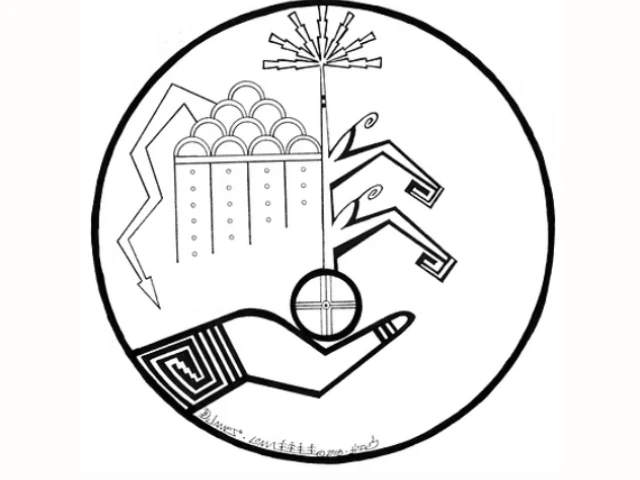
Hopi Tutskwa Permaculture
Hopi Tutskwa Permaculture is a community Indigenous-led non-profit based in the Village of Kykotsmovi, located in Northern Arizona on the Indigenous Hopi Reservation. Our mission is to create community-based solutions in order to pass knowledge to future generations and rebuild culturally sustainable and healthy communities.
Ndée Bikíyaa, The People's Farm
The mission of Ndee Bikiyaa (The People’s Farm) is to restore personal and cultural
health among the White Mountain Apache through agriculture.
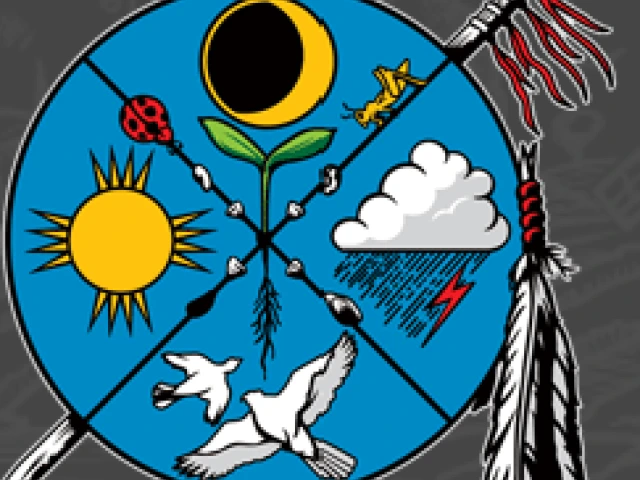
The San Xavier Cooperative Association
The San Xavier Cooperative Association is committed to healthy farming practices and growing traditional crops to support the cultural and environmental values, as well as support economic development within the community.
Mission Garden
For thousands of years, the ancestors of the Tohono O’odham, Hi’aced O’odham, Akimel O’odham, and On’t Akimel O’odham have cultivated crops on the site of the Mission Garden, making it one of the oldest sites in the country to still produce heritage crops.
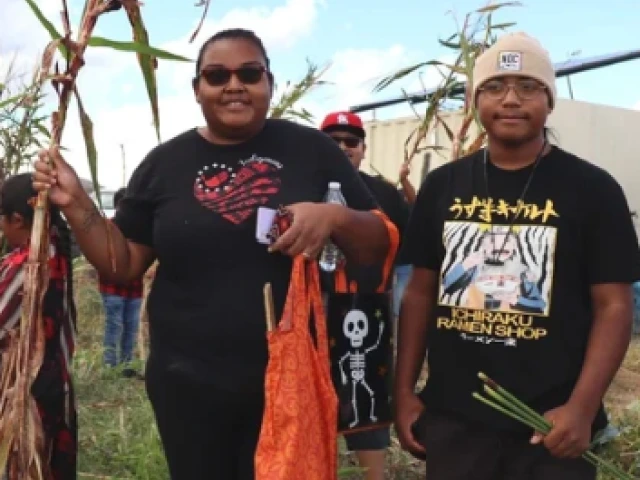
Nalwoodi Denzhone Community
We’ve taken the responsibility to create a food system that leads to greater health and food security on the San Carlos Apache Reservation.
Tolani Lake Enterprises
Our 3-acre demonstration garden, once a barren business site lease, has transformed into a blossoming, demonstration site packed with garden beds, row crops, lasagna beds, a fruit-tree orchard, a hoop house, raised beds, and much more. A part of our site uses low cost systems for harvesting rainwater and solar power. Our space is attracting and inspiring people from all over. They are coming to see, learn and work together to grow good food again. At this site, we offer workshops on traditional and contemporary growing methods for self-sustenance and market growers.
Food Forest Cooperative
Our purpose at the Food Forest Cooperative is to provide fresh, locally grown, culturally relevant foods to the community through ancestral and regenerative farming practices.
Flowers and Bullets
Flowers are the art, and bullets are the struggle. We are organizers creating outlets for underserved youth and communities that reflect the lives we live and the places we come from.
Through skill-sharing, promoting place-based connections in the barrio, and listening to each other’s stories, we foster sustainable living practices. Together, we address systemic traumas caused by incarceration, addiction, violence, food insecurity, health disparities, and economic inequity.”
Coffee Pot Farms
Coffee Pot Farms is a 36-acre farm located in Dilkon, Arizona. Yazzie says she founded the farm on the belief that “food is the first medicine, as it comes from Mother Earth, and that food sovereignty is the critical first step to creating healthy communities and healthy families.”
Montapata Farms
Organic small family farm located in Arizona
•Cultivate growth, passion, and community
•Regenerative agriculture
•Food for nourishment
Laughing Goat Gardens
Empower gardeners with sustainable, natural solutions that enrich the soil, promote plant health, and protect our environment.
Three Sisters Bean Farm
Small farm in Flagstaff, AZ, specializing in growing heirloom beans!
Ajo Center for Sustainable Agriculture
Ajo Center for Sustainable Agriculture was established in the spring of 2008 and received the non-profit status in 2013. ACSA's program activities focus on the education about the Sonoran Desert agroecological systems, sustainable and economically viable agricultural practices, and the empowerment of the community to grow food based on the distributed agriculture model through Ajo Gardeners Network.
Local Food Assistance Programs
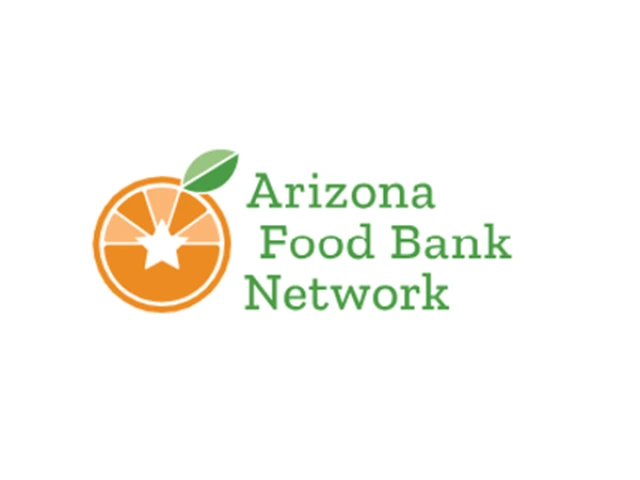
Arizona Food Bank Network
The Emergency Food Assistance Program (TEFAP) is a federally funded program that helps supplement the diets of low-income Americans, including elderly people, by providing them with emergency food and nutrition assistance at no cost. Under TEFAP, the U.S. Department of Agriculture (USDA) makes commodity foods available to state distributing agencies.
Backpack Program (NATIVE HEALTH Central Only)
The Backpack Program provides a bag of nutritious, easy-to-prepare, non-perishable food to school-age children and their families to ensure children receive the nutrition they need at home. Funded by St. Mary’s Food Bank.

Campus Pantry
The Campus Pantry is a student-run supplemental grocery program that serves students, faculty, and staff at the University of Arizona. Our program is designed to help fill in the gaps and prevent food insecurity.

Community Food Bank of Southern Arizona
The Community Food Bank of Southern Arizona responds to the root causes of hunger, and seeks to restore dignity, health, opportunity and hope to people living in poverty. Our mission is to change lives in the communities we serve by feeding the hungry today, and building a healthy, hunger-free tomorrow.
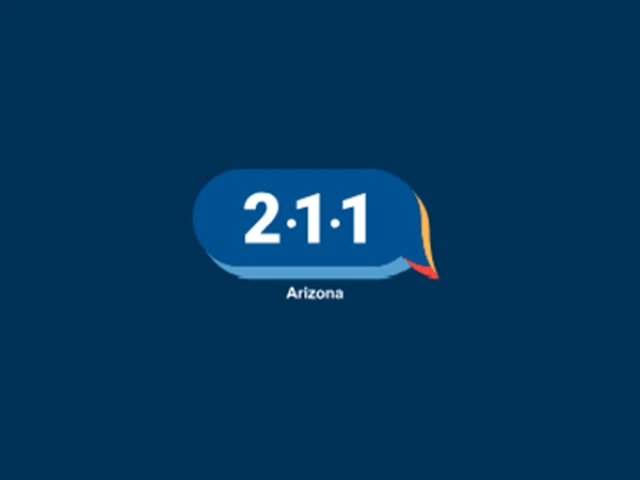
Food 2-1-1 Arizona
Assistance with finding community meals and nutrition, emergency food, gardening and community gardens, holiday meals, home delivered meals, etc.
Food for Thought
We’re thrilled to partner with the University of Arizona Culinary Medicine to bring you our newest program, “Food For Thought”. This program will include weekly videos featuring healthy Indigenous recipes. Join Olivia and Tara John, NATIVE HEALTH dietitian, as they share delicious and nutritious recipes to try at home! Stay tuned every week for new videos and tips on our Facebook page, YouTube or click here
Gabrielle Giffords Resource Center
The Gabrielle Giffords Resource Center is a safe, welcoming community space to find food assistance and other resources. The Resource Center is named for former US Representative Gabrielle Giffords; following the tragic 2011 shooting in Tucson, over $215,000 was donated from 48 states to fund the Resource Center in her name. We honor the victims of that tragedy every day through caring for our community.
Ina Road Church of Christ
Free food box distribution. Every third Saturday of the month at 9am (2425 W Ina Road, Tucson, AZ 85741).
Interfaith Community Services (ICS)
The ICS Food Bank provides nutritious food for low income-seniors, individuals and families struggling with financial hardship. This includes monthly food and holiday boxes (8701 East Old Spanish Trail, Tucson, AZ 85710
Local First Arizona
The overall goal of the Tribal Food Sovereignty Series is to provide a space for ongoing conversations that encourage exchange between food partners and tribal food practitioners and enhance networks and collaborations for improved coordination and stronger regional and inclusive food systems.
Maricopa County Food Assistance
Find Food Help- Food Support and Resources, Free Food, and Low-Cost Food
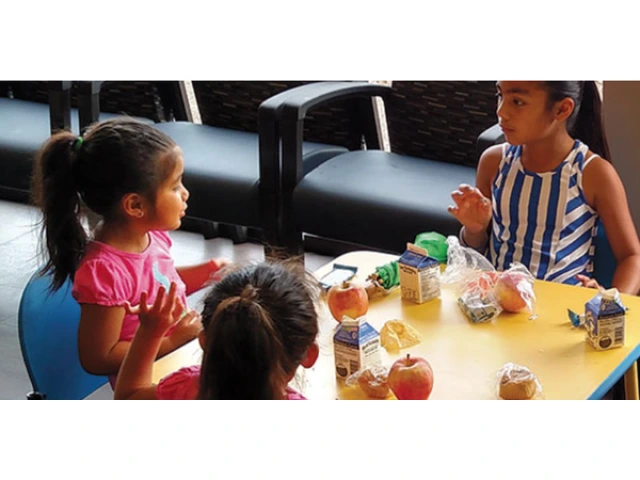
NATIVE HEALTH Food Pantry (Mesa only)
NATIVE HEALTH partners with St. Mary’s Food Bank, United Food Bank, and Midwest Food Bank to address food insecurity issues.
Read It and Eat Program (NATIVE HEALTH Central and Mesa)
Read It and Eat offers a fun approach to developing literacy and culinary skills. There is an Indigenous story time, craft, and families learn how to make a simple, healthy recipe. The story time (Read it) engages the youth before moving into the second half of the program (Eat).
St. Paul’s Food Bank
Serves those living in zip codes (85710, 85730, 85711, 85748, 85747, 85712, 85707, 85708). Walk-ins must have photo ID, proof of address, and meet guidelines.
- Location: 8051 E Broadway Blvd, Tucson, AZ 85710.
- Hours: Mon - Fri 9:00 a.m. - 11:30 a.m.
- Phone number: 520-296-1927
The Emergency Food Assistance Program (TEFAP ) (Mesa only)
The Emergency Food Assistance Program (TEFAP) is a federally funded, USDA regulated food program that provides monthly fresh and non-perishable food to supplement the diets of individuals from low-income households. Provided by United Food Bank. Located at our NATIVE HEALTH Mesa location. For more information call Susan at (602) 279-5262, ext. 11027
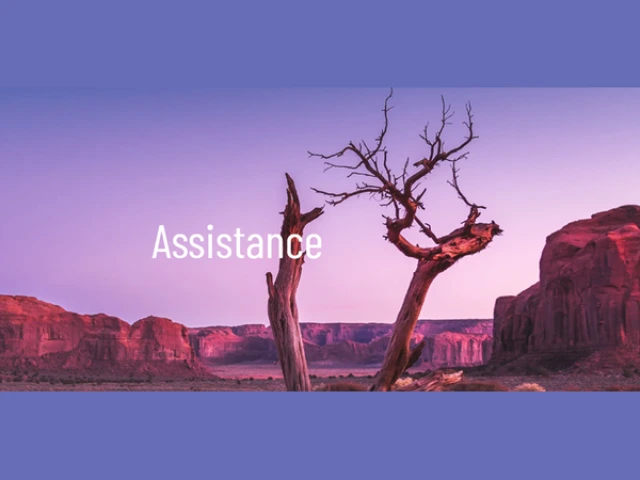
The Tucson Indian Center
The Tucson Indian Center, in proud partnership with Community Food Bank and Midwest Food Bank, offers food boxes for individuals and families in need.
URBAN Native American Senior Food Bag Program (Central & Mesa)
The URBAN Native American Senior Food Bag Program is open to selected Native American elders in Maricopa County. Funding availability affects availability of bags provided each month. When bags are available Food Pantry staff will contact selected people to pick up bags available. Funded by private donors and organizations. For more information call Olivia at (602) 279-5262, ext. 11022 or email: oljoe@nachci.com
Supplemental Nutrition Assistance Program (SNAP)
Nutrition Assistance (formerly the Food Stamp Program) is Arizona’s program for the Food and Nutrition Service (FNS) Supplemental Nutrition Assistance Program (SNAP). Nutrition Assistance provides eligible households with monthly benefits they can use to purchase nutritious food. By helping families fight food insecurity and meet one of their fundamental needs, they can focus on overcoming barriers to self-sufficiency.
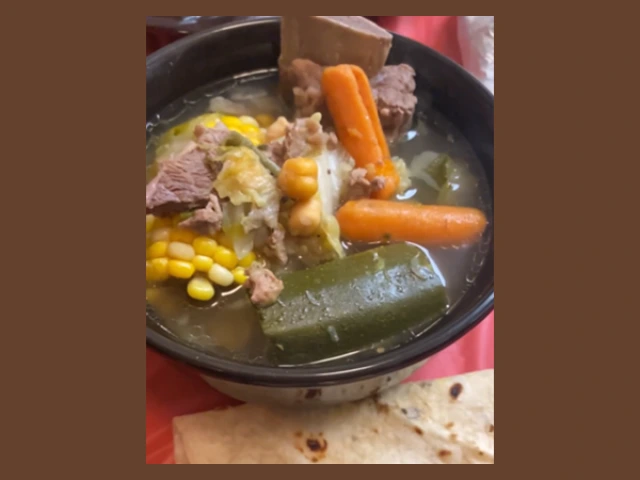
Tu'i Bwa'ame Good Food Pantry
Provides food boxes for Native American children and adults
Beyond Arizona: National Indigenous Food Programs
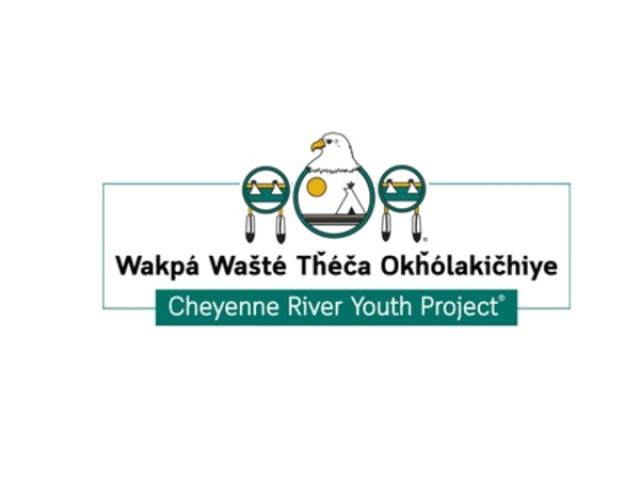
Cheyenne River Youth Project (CRYP)
Guided by traditional and spiritual principles, CRYP has incorporated the Lakota values of generosity, spirituality, wisdom, respect, courage, honesty and patience into the development of its Native Food Sovereignty initiatives. By integrating these values, our 2.5-acre, naturally grown Winyan Toka Win (Leading Lady) Garden—and the many programs and classes it supports—will make a meaningful contribution to our Cheyenne River community and the future of the Lakota Nation.
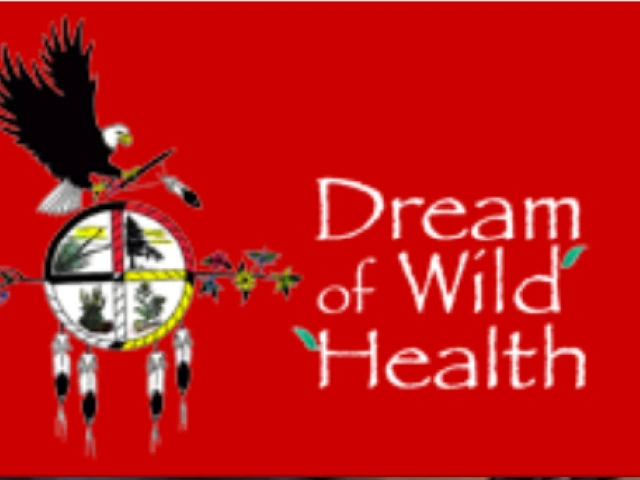
Dream of Wild Health
Dream of Wild Health (DWH) is an intertribal, independent 501(c)3 nonprofit that serves the Minneapolis-Saint Paul Native American community. Dream of Wild Health is one of the longest continually operating Native American organizations in the Twin Cities. DWH owns a 30-acre farm in Hugo, MN, providing educational programs that reconnect the urban Native American community with traditional Native plants and their culinary, medicinal and spiritual use. DWH maintains an urban presence in Minneapolis with offices in the heart of the Phillips neighborhood in the Native American Cultural Corridor on Franklin Avenue.
First Nations
The mission of First Nations Development Institute is to strengthen American Indian economies to support healthy Native communities. We invest in and create innovative institutions and models that strengthen asset control and support economic development for American Indian people and their communities.
Indigikitchen
Indigikitchen was formed to foster an appreciation and love of traditional Native foods. Along the way, we've branched out to supporting Native producers, building Indigenous gardens, and Teaching some of the important background surrounding the colonization of our foodways.
Indigenous Foods in School Meal Programs:
In collaboration with Montana No Kid Hungry (now Montana Partnership to End Childhood Hunger), Indigikitchen built a toolkit for incorporating more Native food in school lunch programs.
Intertribal Agriculture Council (IAC)
Founded in 1987, the Intertribal Agriculture Council's (IAC) mission is to pursue and promote the conservation, development, and sustainable use of agricultural resources for the betterment of our people. With a goal of promoting positive change in Indian agriculture, IAC engages in a wide range of programs that aim to enhance the livelihoods and well-being of Indigenous people. In collaboration with USDA and other partners, IAC advocates for the Indian use of Indian resources to ensure that Tribes and Tribal producers have equitable access to resources. Through its work, the IAC is committed to empowering producers and fostering the growth of resilient and thriving agricultural practices across Indian Country.
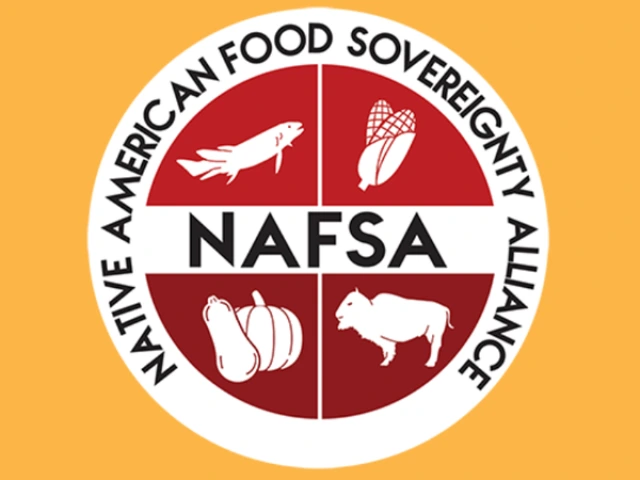
Native American Food Sovereignty Alliance (NAFSA)
The NAFSA organization is dedicated to restoring the food systems that support Indigenous self-determination, wellness, cultures, values, communities, economies, languages, and families while rebuilding relationships with the land, water, plants, and animals that sustain Indigenous people.
Native Seeds/SEARCH
Native Seeds/SEARCH conserves and shares the seeds of the people of the desert Southwest and Mexico so that these arid-adapted crops may benefit communities and nourish a changing world.
Navajo Ethno-Agriculture
Navajo Ethno-Agriculture is a Native American nonprofit formed out of our concern that upcoming generations are not exposed to food growth. Our tribal community educational farm is located in northwest New Mexico, along the San Juan River. For generations, we have preserved Navajo heritage crops and farming techniques. Over the past four years, we have designed a teaching
North American Traditional Indigenous Food Systems (NĀTIFS)
North American Traditional Indigenous Food Systems (NĀTIFS), founded by James Beard award winner, The Sioux Chef, is dedicated to addressing the economic and health crises affecting Native communities by re-establishing Native foodways. We imagine a new North American food system that generates wealth and improves health in Native communities through food-related enterprises.

Sierra Seeds
SIERRA SEEDS inspires mindful eaters, lovers of life, hopeful humans who love beauty and story of food and nourishment feel inspired, engaged and reflective, and inspired to make change.
We guide farmers, gardeners, and food justice activists to feel nourished, empowered, and uplifted to grow their capacity as creative leaders, visionaries, and changemakers through mentorship/facilitation on seed stewardship and food sovereignty (Seed Seva and Seeding Change).
Slow Food USA
Slow Food USA strives to create a world where all people can eat food that is good for them, good for the people who grow it, and good for the planet and unites co-producers to honor native foods.
The Alaskan Inuit Food Sovereignty Initiative
Through its Alaskan Inuit Food Sovereignty Initiative, the Inuit Circumpolar Council-Alaska is convening Inuit community leaders from across Alaska. The Initiative seeks to unify Inuit throughout the state to advocate for land and wildlife management sovereignty. The Initiative also strives for international cooperation to promote food sovereignty across Inuit Nunaat.

USDA Indigenous Food Sovereignty Initiative
The USDA Indigenous Food Sovereignty Initiative promotes traditional food ways, Indian Country food and agriculture markets, and Indigenous health through foods tailored to American Indian/Alaska Native (AI/AN) dietary needs. USDA is partnering with tribal-serving organizations on projects to reimagine federal food and agriculture programs from an Indigenous perspective and inform future USDA programs and policies.

The Indigenous Food and Agriculture Initiative (IFAI)
The Indigenous Food and Agriculture Initiative (IFAI) focuses on putting tribal sovereignty in food sovereignty, promoting tribally driven solutions to revitalize and advance traditional food systems and diversified economic development throughout Indian Country. IFAI provides Tribal governments, producers, and food businesses with educational resources, policy research, and strategic legal analysis as a foundation for building robust food economies.
